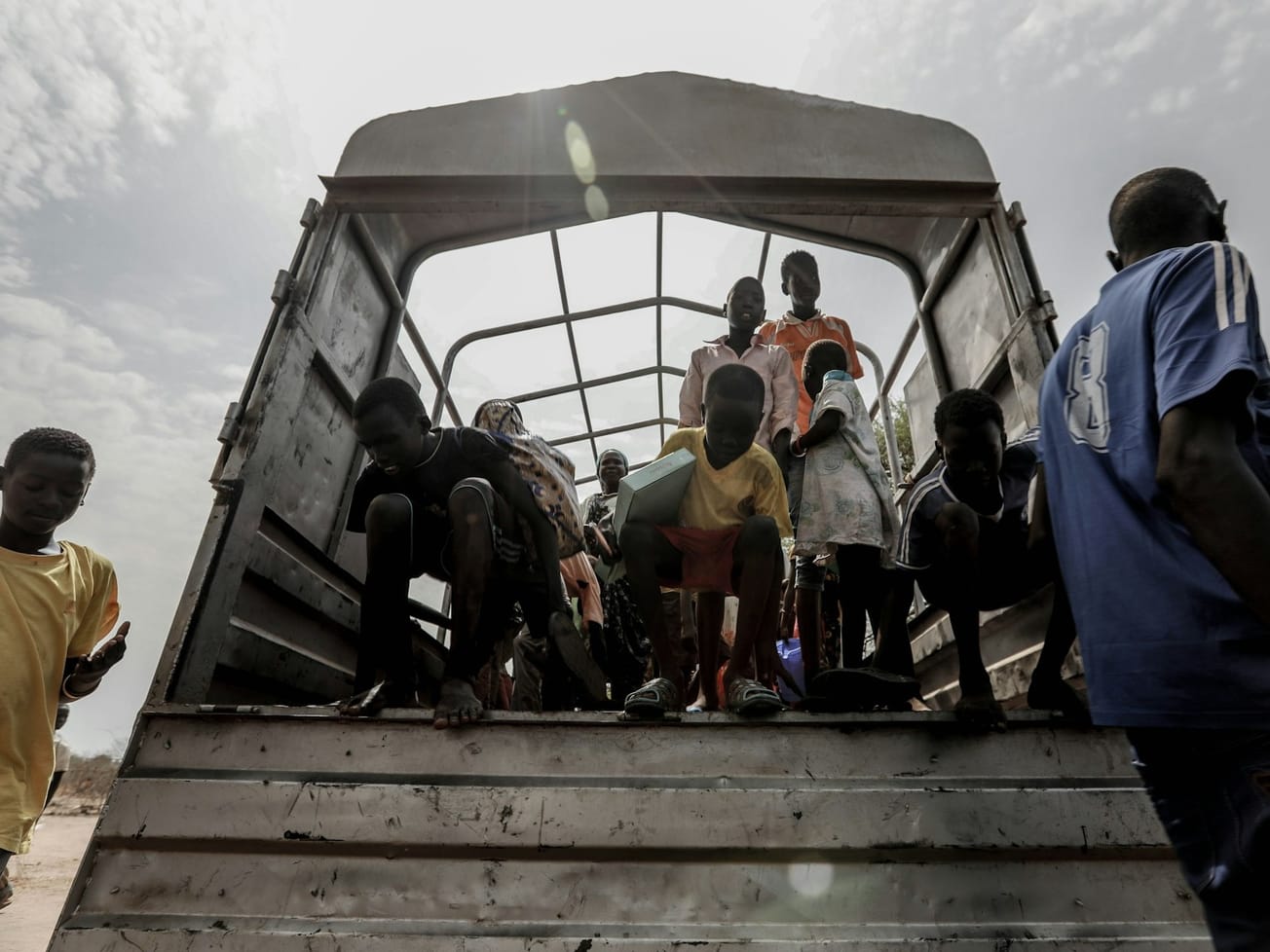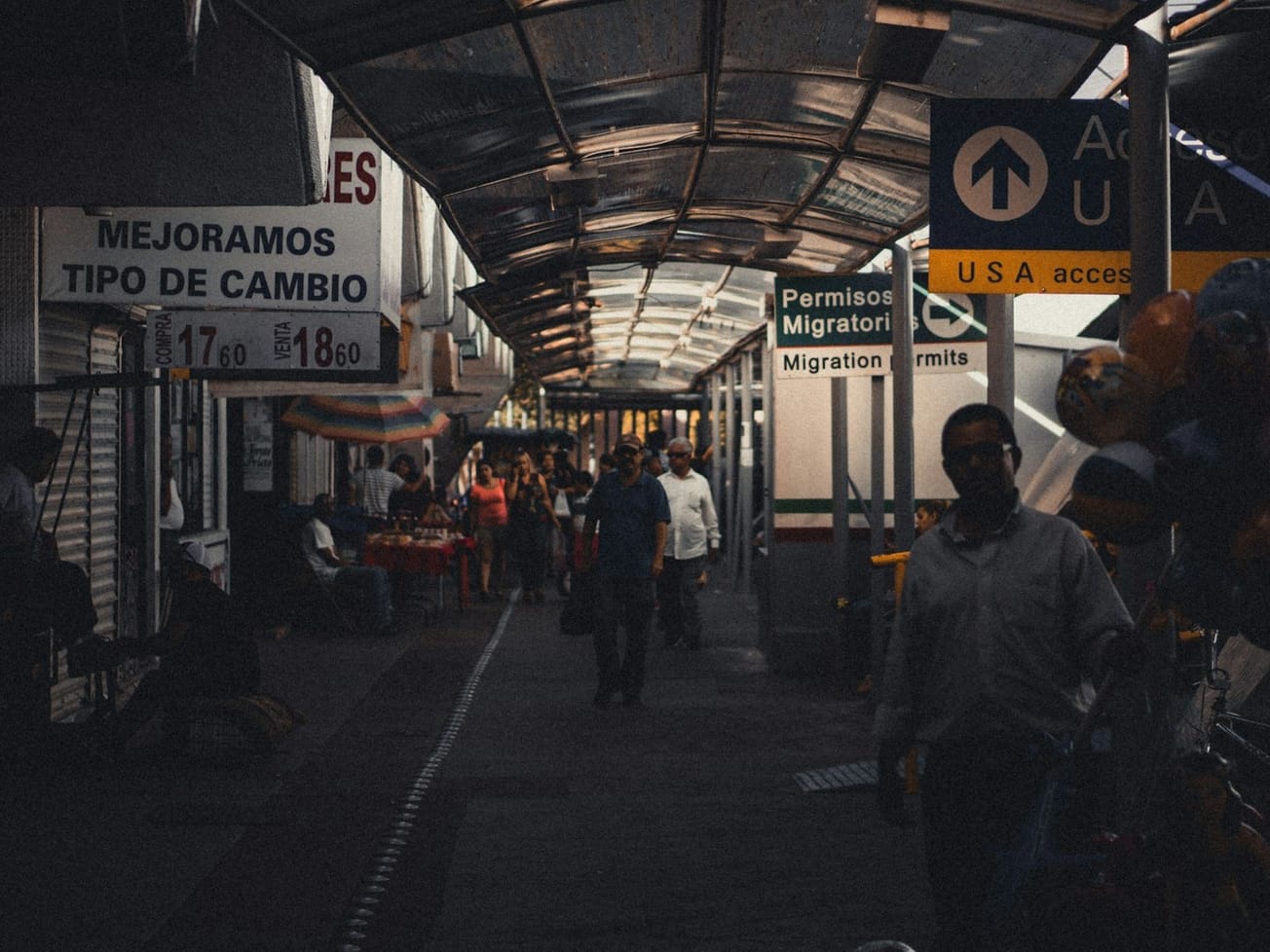GENEVA (AN) — The staggering number of people worldwide who were forced to flee their homes rose by 21% in just one year mainly due to fighting and violence in three countries.
The 108.4 million people who were forcibly displaced as of the end of 2022 showed a record increase of 19.1 million from the number a year earlier, the U.N. refugee agency reported on Wednesday.









